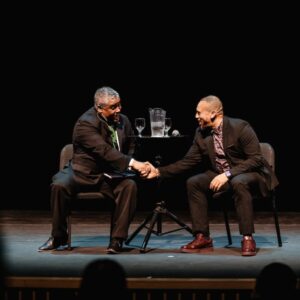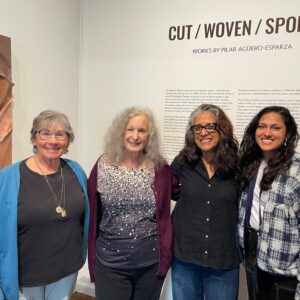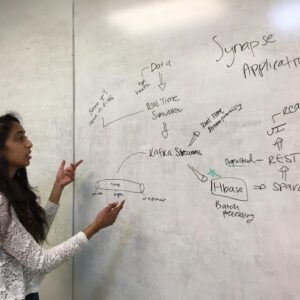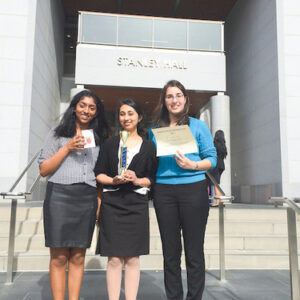Senior Alex Han spent his summer as an intern at Stanford University’s Clark Center, where he studied bioengineering.
Growing up with eczema, asthma and allergies to various foods, Han became interested in immunology, and believed the internship would provide him with the access and tools to explore the field further.
“I thought that the research lab’s focus on both understanding the mechanisms of diseases such as cancer as well as testing drugs and gene therapy would give me a firsthand experience with immunological research,” Han said. “The lab also works closely with Stanford’s medical clinics, and … I felt that it would be a great opportunity to work with the researchers who are at the forefront of developing and improving medical treatments for children afflicted with cancer and other life-threatening diseases.”
Han chose to do a research project at the Clark Center “in order to give myself the most consummate understanding of the research process and the greatest freedom with designing my own methods and ideas,” he said.
Although at first somewhat daunted by the task, Han went ahead with his plan to find out if the drug celastrol could induce heme oxygenase-1. “Because heme oxygenase-1 has been shown to promote wound healing and protect against various cellular stresses such as heat and oxidative shock, induction of the gene would demonstrate celastrol’s tremendous potential as a clinical treatment,” Han said.
In addition to learning more about his preferred field of study, Han also relished the chance to work in a top-flight laboratory, as well as meet and work with researchers from many disciplines. “Conducting biological research in a wet lab for the first time was a tremendous experience in of itself,” he said. “But being surrounded by such intelligent and enthusiastic researchers and having some of the most advanced resources in the field available for use made the internship truly memorable.”












